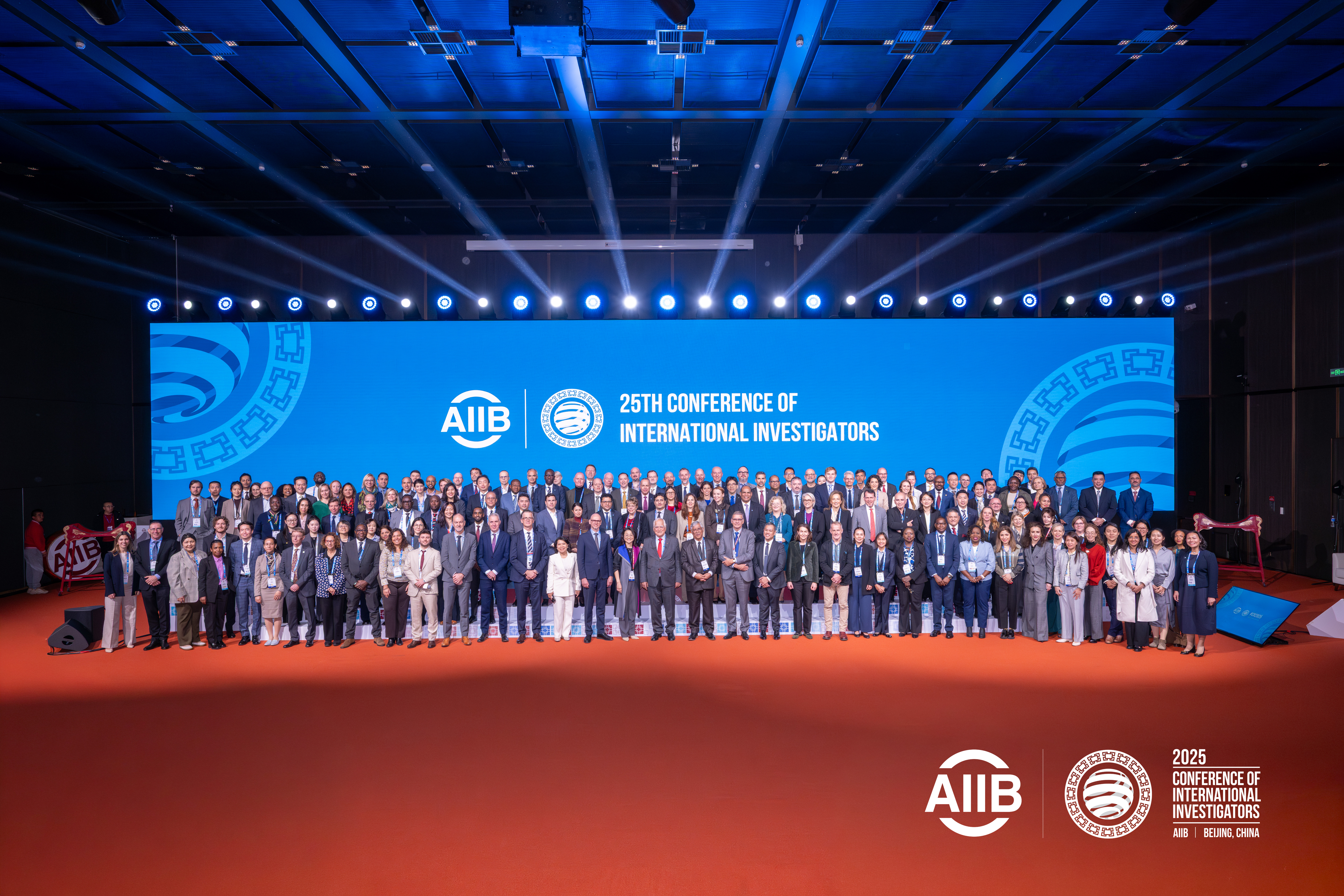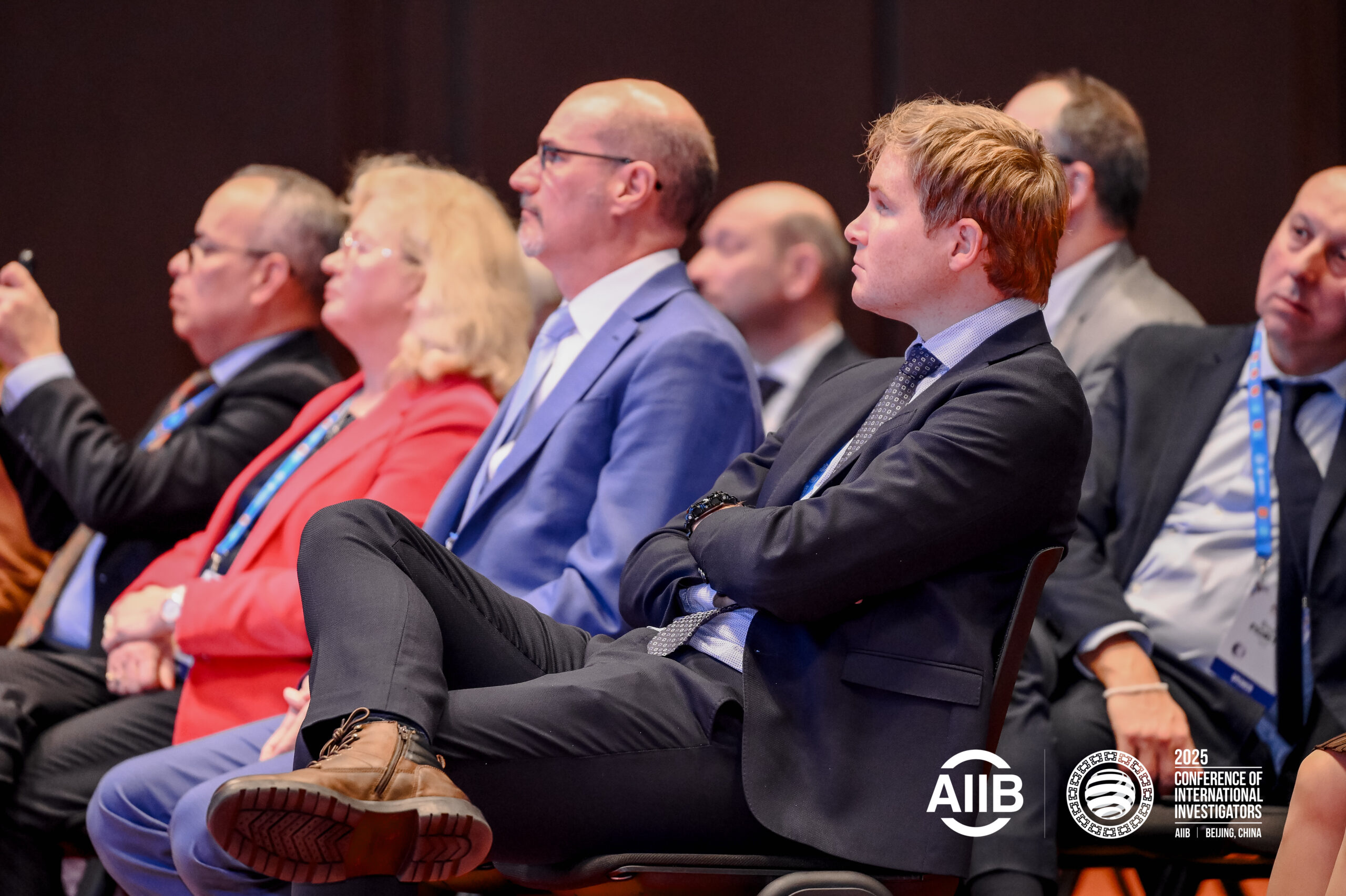




Six volumes of General Principles for conducting core investigative activities that greatly expand on the principles within the CII’s Uniform Principles and Guidelines for Investigations. Endorsed at the 21st CII, these Principles provide more in-depth, principles-based, uniform guidance to investigators and Investigative Offices conducting these six core activities: Intake and Evaluation, Scoping and Planning, collection of Physical and Documentary Evidence, collection of Testimonial Evidence, collection of Digital Evidence and Evidence Analysis and Reporting of Findings.
As supplements to the CII’s Uniform Principles and Guidelines, each paper sets out non-binding principles establishing uniform standards to guide investigators and Investigative Offices undertaking these activities. They are purposely not prescriptive in technical details nor implementing practices. These Principles will also form the basis for a future CII Investigator Credential and CII Investigator training pathways.